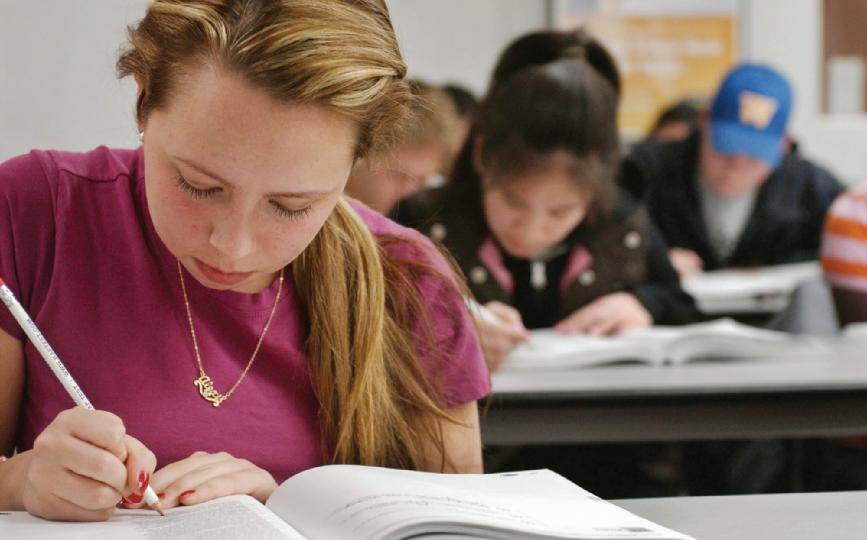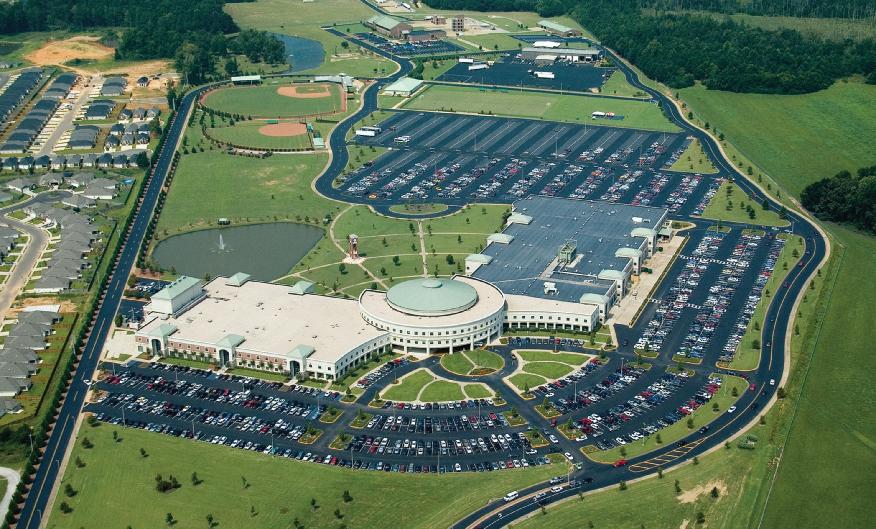DISAPPEARING BIRDS Read the following article. Pay special attention to the words in bold.
Birds are amazing animals. They live in all parts of the planet, from hot deserts to the ice of Antarctica. They fly nonstop for days. They find food easily. They find safe places to rest. They carry seeds. They control bugs. One out of five birds migrates1. These birds arrive at their exact destinations2. But, unfortunately, all of this is changing. The bird population is going down. This is happening to birds in all parts of the planet, from hot places to cold places. Birds are losing places to live and make their nests. Their food supply is going down. Some penguins of Antarctica are starving3. Some seabirds, like puffins, are disappearing. Thirteen thousand species of birds (that's one out of eight) are disappearing. There is another reason for this change. Chemicals in the environment are affecting bird populations. In Michigan, near an old chemical factory, robins are dying. The songs of some birds are changing. Some birds are having fewer babies. Some birds are losing their ability to find their way. Clearly, birds are in trouble. Why is this happening?
5.3
Canada. She studies nature and harmful things in our environment. She wants to know how chemicals affect these birds and people. Many birds, such as owls and eagles, live for a long time. Morrissey and other scientists catch birds, test them, let them go, and then catch them years later. This helps the scientists understand changes in the environment. Birds usually have a stable4 population. When the bird population goes down, it usually means something in the environment is hurting them. According to Morrissey, these birds are sending us messages about the health of the planet and even our own health. We need to listen to these messages. 1 2 3 4
to migrate: to move from one place to another destination: a place where someone is going to to starve: to not have enough food to live stable: strong and steady
Two puffins in the North Atlantic
Insects, fish, and other animals take in chemicals from the environment. Birds eat insects and fish. Some birds eat dead animals. This is giving birds health problems. If birds are having health problems, what are these chemicals doing to humans? Scientists like Christy Morrissey are trying to find out. Morrissey is a scientist at the University of Saskatchewan in
The Present Continuous Copyright 2021 Cengage Learning. All Rights Reserved. May not be copied, scanned, or duplicated, in whole or in part. WCN 02-200-203 Copyright 2021 Cengage Learning. All Rights Reserved. May not be copied, scanned, or duplicated, in whole or in part. Due to electronic rights, some third party content may be suppressed from the eBook and/or eChapter(s). Editorial review has deemed that any suppressed content does not materially affect the overall learning experience. Cengage Learning reserves the right to remove additional content at any time if subsequent rights restrictions require it.
123












































